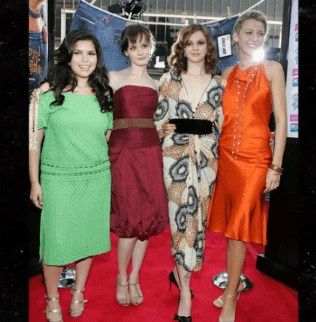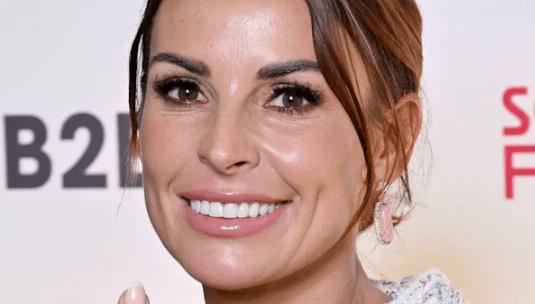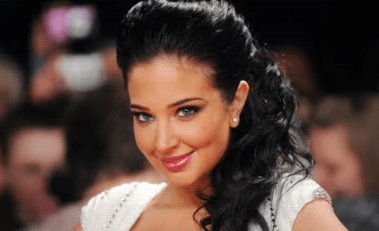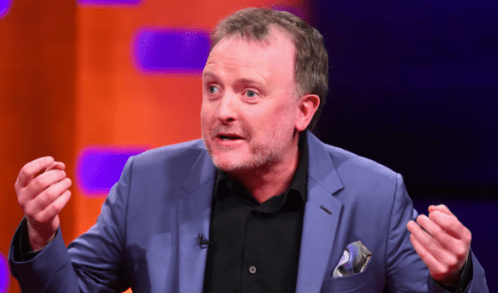King Charles III has made a significant statement regarding the future of the monarchy in Australia, expressing that the decision of whether or not to keep him
as the country’s head of state is entirely up to the Australian people. This remark comes amid ongoing discussions and debates in Australia about the potential shift towards becoming a republic,
a conversation that has been rekindled following his ascension to the British throne. Charles, who ascended to the throne following the death of his mother, Queen Elizabeth II, in 2022,
acknowledged the long-standing historical ties between the United Kingdom and Australia but emphasized that the ultimate decision rests with the citizens of the Commonwealth nation.

Australia, like many other former British colonies, still maintains the British monarch as its ceremonial head of state. The country is a constitutional monarchy, and the monarch’s role is largely symbolic,
with the day-to-day governance of the nation managed by elected officials, including the prime minister. Despite this, the question of whether Australia should sever its formal ties
with the British monarchy has been a topic of discussion for decades. In 1999, a referendum was held in Australia to decide whether to establish a republic, but the proposal was narrowly rejected by the public.
Since then, the conversation has simmered beneath the surface, with some Australians continuing to advocate for a republic and others preferring to maintain the status quo, where the monarch remains a unifying figure and symbol of continuity.

Charles’ comments mark a significant moment in this ongoing debate. In a recent interview, he stated that while he recognizes the deep historical connection between Australia and the British monarchy, the decision about the future of the monarchy in Australia is not one he feels should be imposed from the outside. “I believe it is a matter for the Australian public to decide,” he said. “It is not for me to interfere in the affairs of another country, especially one as sovereign and independent as Australia.” This statement reflects Charles’ understanding of the complexities of the monarchy’s position in modern society and his respect for the autonomy of nations within the Commonwealth. He emphasized that he would support whatever choice the Australian people make, whether that means continuing as their ceremonial head of state or transitioning to a republic.
The remarks from King Charles also come at a time when the role of the monarchy, especially in countries like Australia, is being questioned in the context of modern governance and changing societal values. As Australia grapples with its identity and its relationship to the United Kingdom, there is a growing movement among republicans who argue that the time has come for Australia to become a fully independent republic, with its own head of state. Proponents of this movement often point to Australia’s growing sense of national identity, its distance from the United Kingdom, and the fact that it is now a fully sovereign nation that no longer needs to be symbolically tied to a distant monarchy.

On the other hand, supporters of the monarchy argue that the connection to the Crown remains an important part of Australia’s identity. They highlight the stability and continuity that the monarchy represents and how it serves as a non-partisan, unifying figurehead. King Charles, who has spent much of his life championing environmental causes and public service, has often been viewed as a more modern and progressive figure within the royal family, and his willingness to respect Australia’s independence reflects this outlook.
The Australian government has also played a role in this debate. While the government currently acknowledges King Charles as the country’s head of state, there has been no official movement toward constitutional change that would see Australia becoming a republic. The issue remains a sensitive one, with politicians on both sides of the debate recognizing the need for a careful, measured approach. Some have suggested that the Australian people might be more inclined to move toward a republic as the monarchy continues to evolve and as generational shifts occur in public opinion.

Charles’ comments also come at a time when the monarchy itself is facing challenges in the 21st century. The popularity of the royal family has fluctuated, with recent events such as the controversies surrounding Prince Harry and Meghan Markle, as well as ongoing debates about the monarchy’s relevance, casting shadows on the institution. In this context, Charles’ statements could be seen as an attempt to maintain the monarchy’s relevance by acknowledging the changing dynamics of global governance and national identity, particularly in Australia.
As the debate over Australia’s future as a republic or a constitutional monarchy continues, it is clear that King Charles III’s position will play a significant role. His respect for the Australian people’s right to decide their future, without imposing his will, underscores his understanding of the evolving role of the monarchy in the modern world. Whether or not Australia decides to move forward with republicanism remains to be seen, but Charles has made it clear that whatever decision is made, he will stand by the choice of the Australian public. His words serve as a reminder that the future of the monarchy in Commonwealth countries is, ultimately, in the hands of the citizens of those nations.
Follow us to see more useful information, as well as to give us more motivation to update more useful information for you.





